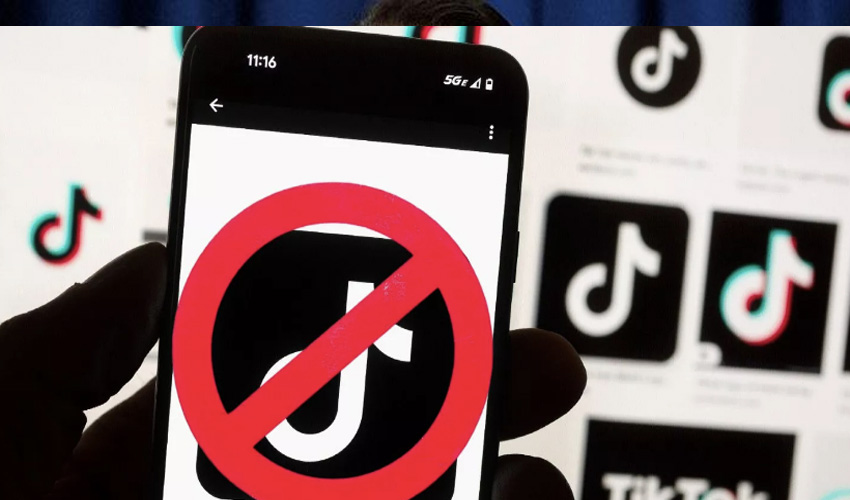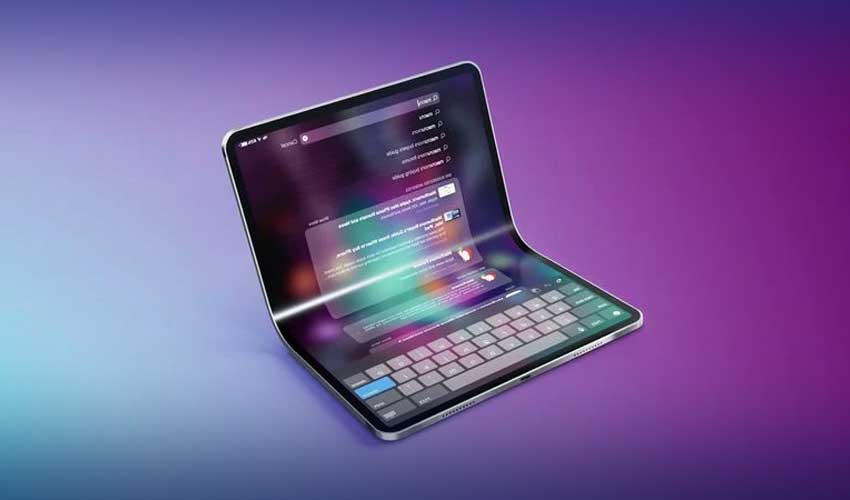US federal appeals court upheld a law requiring Chinese-owned ByteDance to sell its popular short-video platform, TikTok, by January 19, 2025, or face a nationwide ban.
The ruling intensifies scrutiny over TikTok, which has 170 million users in the United States, and signals a growing bipartisan resolve to counter perceived national security threats from China.
The three-judge panel, comprising Sri Srinivasan, Neomi Rao, and Douglas Ginsburg, dismissed legal challenges filed by TikTok and its users, stating that the legislation aligns with constitutional provisions.
They underscored the law as a result of bipartisan cooperation and a response to “a well-substantiated national security threat posed by the People’s Republic of China.”
TikTok has announced its intention to appeal the ruling to the Supreme Court, with CEO Shou Zi Chew terming the decision “disappointing” in an email to staff.
Free speech debate intensifies
The law’s implications have drawn sharp criticism from digital rights advocates. The American Civil Liberties Union (ACLU) argued that banning TikTok infringes on the First Amendment rights of millions of Americans who rely on the platform for expression and communication.
Michael Hughes, a spokesperson for TikTok, reiterated the company’s stance, calling the ban “outright censorship.” He added that the company believes the Supreme Court will safeguard the constitutional rights of Americans, asserting, “This decision silences over 170 million voices without concrete evidence of harm.”
The ruling is set against a backdrop of escalating U.S.-China tensions, which have seen restrictions imposed by both nations on critical industries. President Joe Biden’s administration has taken a firm stance against potential data vulnerabilities linked to Chinese technology, previously enacting curbs on China’s chip industry.
In response, Beijing banned exports of key raw materials, including gallium and germanium, vital to the U.S. tech sector. The Chinese Embassy in Washington denounced the court's decision as a “blatant act of commercial robbery,” warning it could strain diplomatic ties.
The national security argument
The Justice Department has repeatedly asserted that TikTok’s ownership poses significant risks, particularly the potential misuse of user data by the Chinese government. Attorney General Merrick Garland described the court's decision as “a critical step in blocking Beijing’s ability to weaponize TikTok.”
Proponents of the ban, including Democratic Congressman Josh Gottheimer, have cited fears that the platform could spread Chinese propaganda and manipulate public opinion.
TikTok’s efforts to assuage concerns
TikTok has maintained that its U.S. operations function independently and that American user data is stored domestically under Oracle’s management. However, critics remain unconvinced, with concerns persisting over ByteDance’s ties to Beijing.
The company has also faced mounting pressure from state legislatures. In Montana, a statewide TikTok ban passed earlier this year, although a court order prevented it from taking effect.
The ruling raises the stakes for ByteDance, with just over six weeks remaining to divest TikTok’s U.S. operations. Observers anticipate that the upcoming Supreme Court appeal will be pivotal, potentially setting a precedent for how foreign-owned digital platforms operate in the U.S.
As the deadline approaches, TikTok’s vast user base may face the challenge of seeking alternative platforms. For now, the future of one of the world’s most popular social media apps hangs in the balance.


























